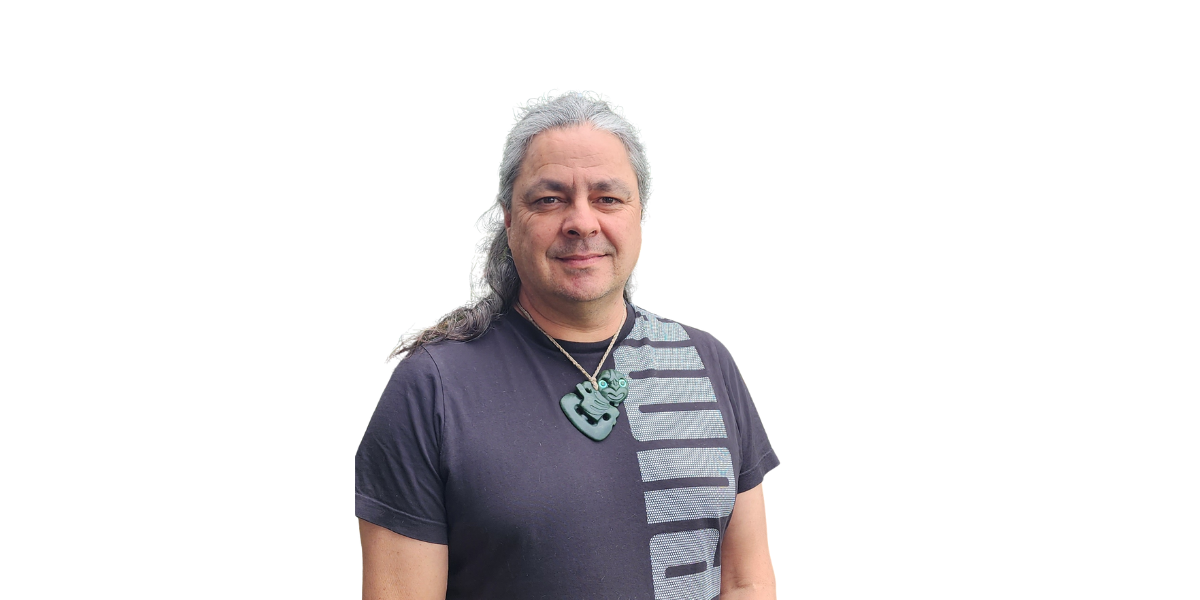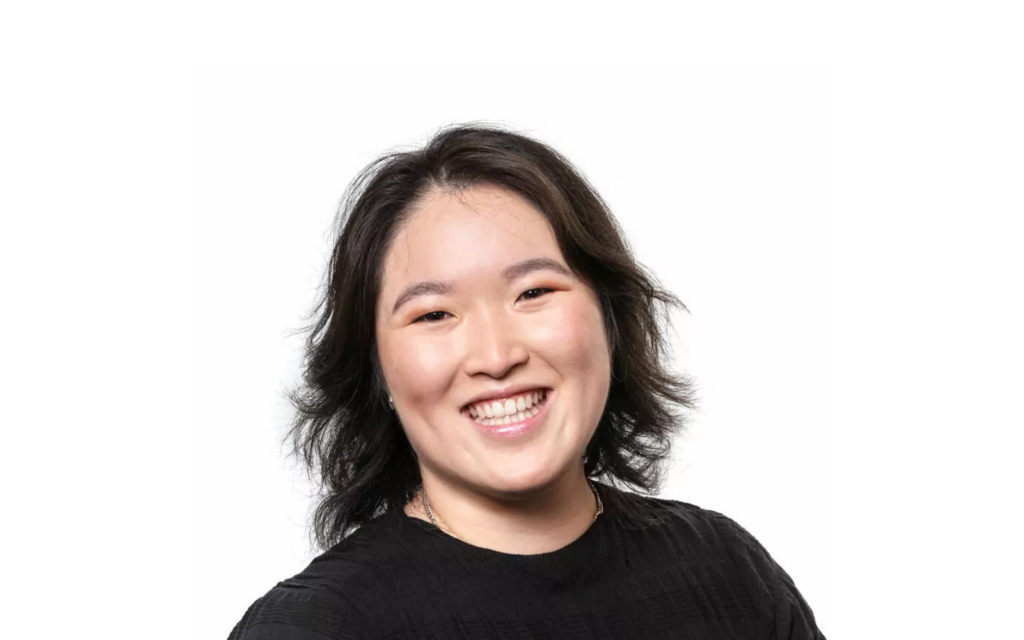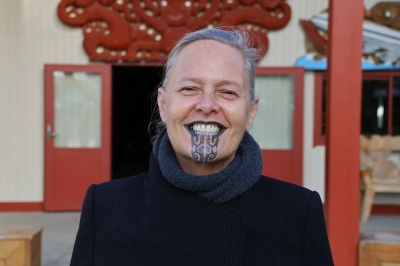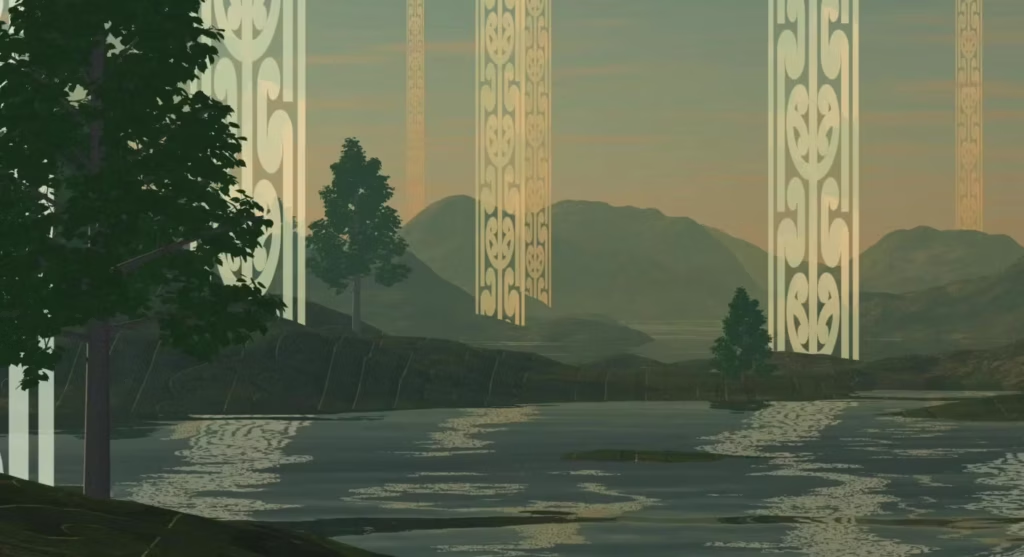Can you tell us about the mahi you’re leading and the impact you’re seeing in your community?
Ka Rere Te Manu is a lived experience-led training provider dedicated to workforce development for the peer support and lived experience workforce.
Mā te huruhuru, ka rere te manu
With feathers, the bird can fly.
Our name was suggested by Jason Haitana, when we were seeking his guidance on our original kaupapa – to create learning opportunities for lived experience whānau. This whakatauākī speaks of the importance of giving people what they need to rise, to succeed, and to flourish.
Over the last two years, we have provided training and workforce development to peer support specialists and their clinical partners across the mental health and addiction specialist services for five regions, as well as across eight emergency departments and in crisis café settings. Our reach has extended from Te Tai Tokerau to Invercargill.
Our focus is on equipping peer support specialists with the knowledge, skills, and confidence to thrive in diverse service settings, while also supporting clinical teams to understand and uphold the distinct values of peer support.
What drew you to this kaupapa, and how has your journey shaped the way you approach this work?
Both myself and Aroha have had a strong foundation in lived experience mahi and workforce development. This mahi is the natural progression of our journeys.
I bring lived experience of recovery and transformation, having journeyed through mental distress, addiction, and compulsory treatment. Those experiences shaped my commitment to identifying with what is strong – to lead, connect, and share from my own recovery strengths and resources. Today, I provide lived experience leadership across Aotearoa through Ka Rere Te Manu and support the mahi of other organisations such as Ember Korowai Takitini and Te Pou. I’m also a volunteer firefighter with Kaiaua Fire Brigade and a practitioner of whakairo rākau, Māori wood carving, creating taonga that speak to hauora, wairuatanga, manaakitanga, kaitiakitanga, and whanaungatanga. My artist profile page is Runga Whakairo on Facebook.
What do you love most about the mahi?
For me, it’s always been about the people – the connections. But it’s also about change: the shift that happens when peer support enters clinical spaces – when the culture begins to move from control to connection and curiosity. That’s the kind of transformation that keeps me in this mahi.
What are some of the most powerful stories of transformation you’ve witnessed through your work?
Through our mahi, we have supported the implementation of 39 FTE peer support specialists into various mental health and addiction clinical teams, and emergency departments, across 13 regions.
What have the challenges been?
One of the biggest challenges has been engaging clinical partners in training and workshops. Many are under immense time pressure, and training isn’t always seen as a priority. At times, it’s felt a bit like herding cats. Over the past two years, we’ve delivered hundreds of trainings and workshops – both in person and online – and have had to be incredibly adaptable to meet the realities of clinical environments. Our offerings have ranged from five-day intensive workshops to five-minute micro-sessions, as well as webinars, videos, and e-learning modules developed in partnership with Te Pou. As a small team of four, adaptability, coordination, and having the right people in the right place at the right time has been central to our kaupapa.
Another major challenge has been peer drift – as peer support becomes embedded within clinical settings, role drift or role creep can appear in various ways. This is exactly why training for clinical partners is so important: to strengthen understanding of peer values, role integrity, and the unique contributions of the lived experience workforce.
A further challenge is the variation in the foundational peer support workforce across regions. There are multiple training pathways, models, and approaches to peer support across Aotearoa, which makes consistency difficult. We’re working to provide a more aligned and values-based foundation across different regions and workforce settings. To sustain this, there needs to be greater national investment and direction in foundational workforce development for the lived experience workforce.
What inspires you and who have your greatest teachers and mentors been?
Lived experience is a deep core motivation. My greatest mentors have been my peers – too many to mention – but some of the early mentors that come to mind are Mike Hamlin and Cassandra Laskey.
What’s one whakaaro or piece of advice you’d give to others working in this space who want to create meaningful change?
I think it’s important to remember and understand the whakapapa of our lived experience origins – to stay connected to where this movement came from and why it began. The early narratives of lived experience were about challenging power, restoring dignity, and reclaiming our own voices. If we forget our roots, we risk recreating the very systems we set out to change.
Meaningful change happens when we stay grounded in the values that define our practice – mutuality, lived experience and experiential knowledge, participation, self-determination, equity, hope, and wellbeing. These values remind us that transformation doesn’t come from compliance or control, but from connection, courage, and staying true to who we are as a movement.



